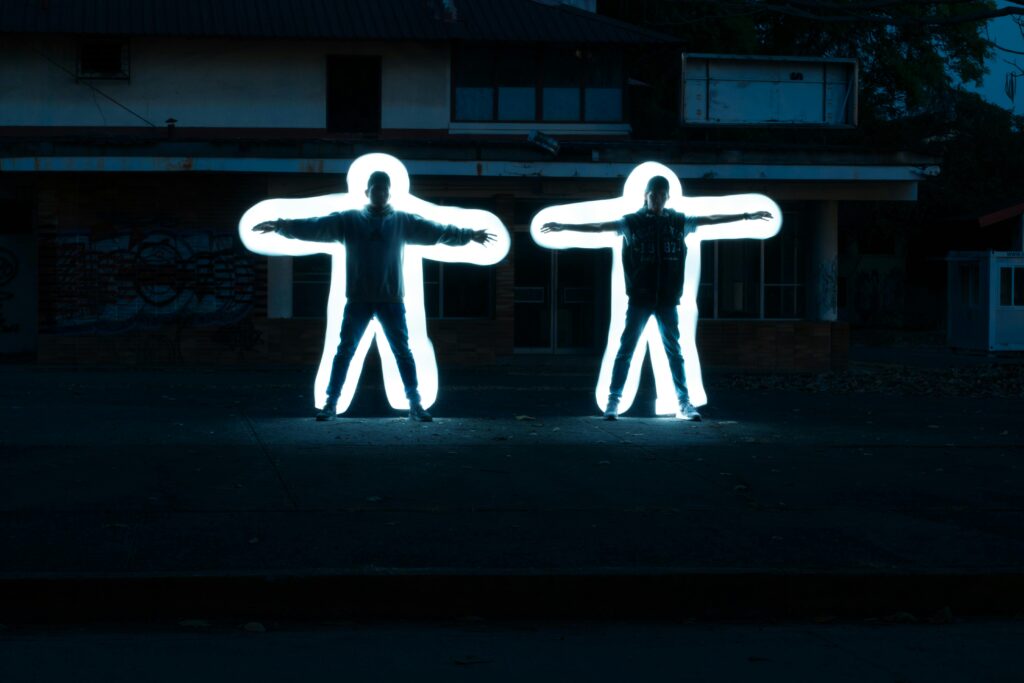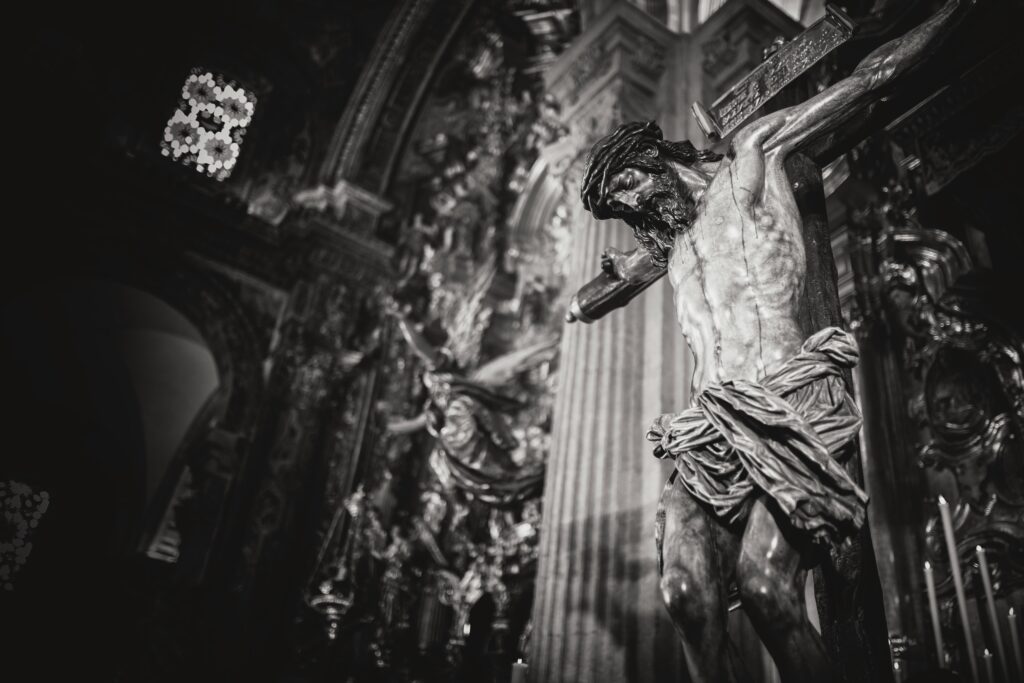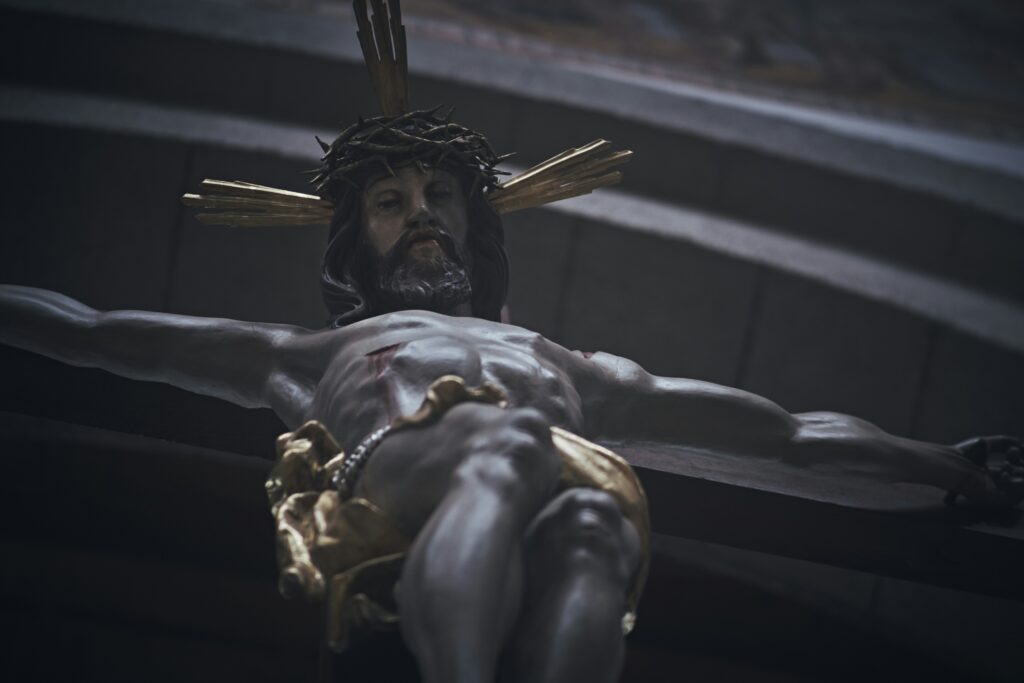Humanistic culture and flourishing of human dignity
Humanistic knowledge provides depth and breadth to practical knowledge

The Humanities, the great books, classical literature, music, art, history are dimensions of the cultural heritage of humanity and, although culture cannot force anything, nor does it guarantee a fully civilized life, “that does not mean that the only possibility of survival and protection of our human dignity is given to us by culture and the spiritual formation that it offers”. This is how Rob Riemen expresses himself in the prologue to the book Our words: education, classical world, and democracy (Ladera Norte, 2023), which includes three lectures given at the Nexus Institute that he directs: one by George Steiner on the University, another by Adam Zagajewski on poetry and the third by Jacqueline de Romilly on the classical world. In all these interventions there is a decided praise for the cultivation of the Humanities.
George Steiner points out that the Humanities do not necessarily make us more human, and remembers that the same people who participated in the Holocaust of the Jewish people listened calmly to the great works of German classical music. Without ceasing to be true, Adam Zagajewski is inclined to think that humanistic culture does have a civilizing dimension, despite its insufficiencies. An insufficiency that is born from the fragility of the human condition in all its expressions. For example, in ethics. We know what we should do, but it does not follow from that knowledge that we do good. Those who are linked to corruption know that they should not bribe or extort or abuse power, and yet they do it. And, precisely because there is corruption, we understand that we must continue to insist on the ethical training of citizens.
Anyone who has followed Steiner’s intellectual career will not be surprised by his defense of the cultivation of uselessness in the university, which he considers “the most wonderful passion in the world. If someone comes to me and says, “I am going to dedicate my life to the study of Tang Dynasty bronzes,” I say will, “You are a very lucky person. You are going to be a very happy and hungry person. But your life will be blessed”. The useless is the highest form of human activity. Music is useless, but we couldn’t live without it” The University – adds Steiner – should not be saturated with “monographs on topics of minuscule and completely trivial importance, when the only reason for publication is the often desired promotion on an academic ladder dominated by criteria of “correctness”, financial and bureaucratic”.
Zagajewski’s proposal is more moderate, but equally illuminating. With poetic sensitivity he advocates the contemplative attitude, understood as the highest degree of attention. “Contemplation,” he points out, “does not have to be religious, although of course it can be. It is an intense looking at the world—the world in its full richness, including works of art and, of course, human beings—through the lens of eternity or at least with eternity in mind (as opposed to any pragmatic, directed gaze to an action). Contemplation is an activity that consists of calmly recognizing the immense gaps in conventional knowledge or science, and looking at the world through these windows, illuminated by the moon of eternity. Highlighting the importance of contemplation is going against the current of our times of rush and running around. The poet asks us to stop and try to extract and savor the nectar of the essence of things, as the hummingbird does with the flowers.
Jacqueline de Romilly, one of the most renowned European Hellenists, maintains that “we must once again give importance to literary training, that is, that young people have to learn how to speak and discuss; They have to learn to form an opinion after having acquired knowledge of the various ways of thinking in different times. It means that they have to be aware of the moral issues and values, of the ideals and principles that humanity has been developing in times past.” Among these traditions is the contribution of Greek authors who were very likely to have a universal perspective. “Their heroes were not from a particular social background, and their works did not pay any excessive attention to their specific circumstances. On the contrary, they always tried to represent, all of them, a certain general image of humanity. Thucydides, my favorite author, hoped that his historiography would be useful to those who want to understand more about the events of past times, or similar events in the future, precisely because of their common human element, to which all these authors refer. . And that is why they can continue to be interesting to us, interesting and useful.”
Humanistic knowledge provides depth and breadth to practical knowledge, while at the same time sponges the heart. It does not guarantee the realization of paradise on earth, but it gives us a special spiritual sensitivity to recognize and promote the diverse expressions of human dignity.
Related

“Praying is an immense privilege”
José Miguel Ponce
17 April, 2025
3 min

Cardinal Felipe Arizmendi: Jesus Continues to Suffer
Felipe Arizmendi
17 April, 2025
4 min

The classics educate in humanity
Francisco Bobadilla
16 April, 2025
3 min

Words That Illuminate Our Crosses
Mario J. Paredes
16 April, 2025
6 min
 (EN)
(EN)
 (ES)
(ES)
 (IT)
(IT)

